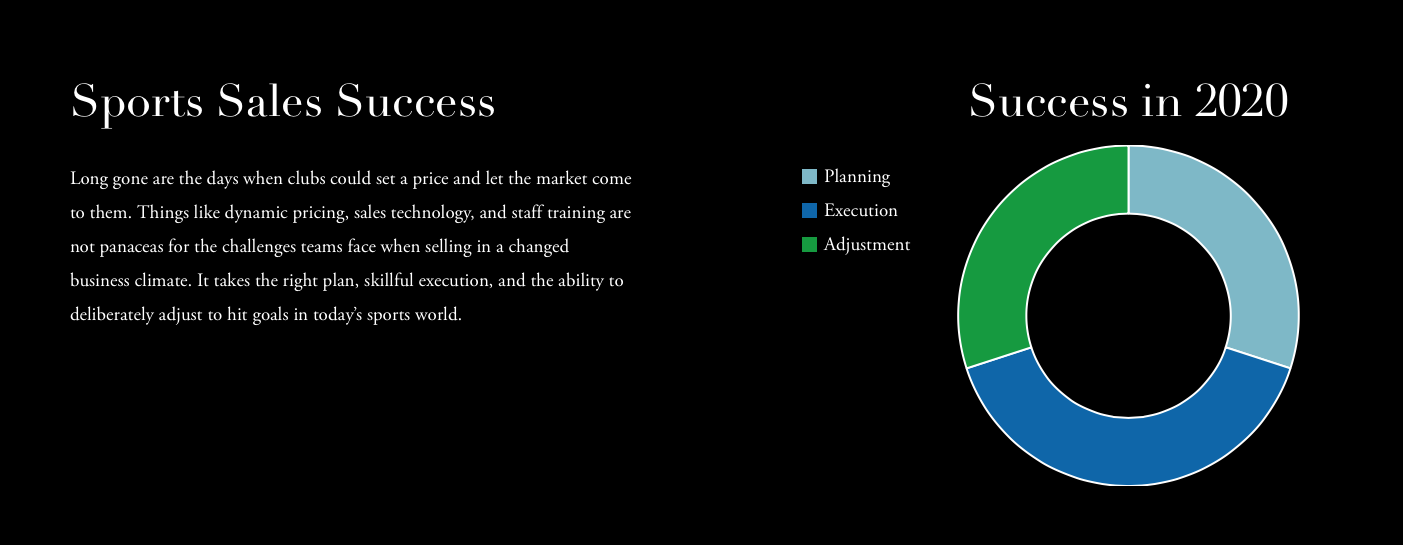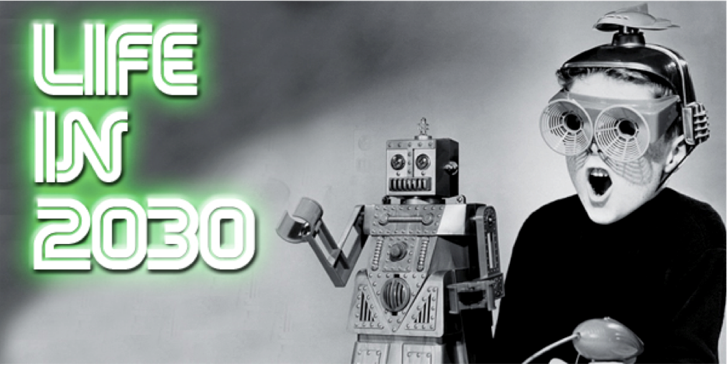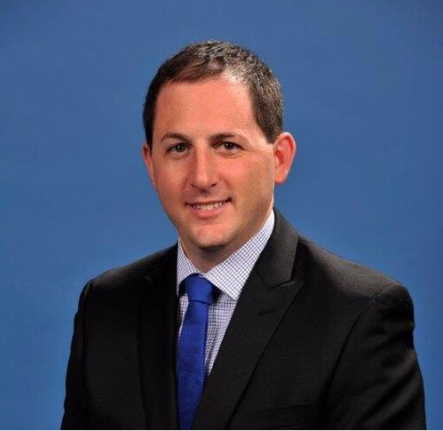- January 27, 2021
- Posted by: SportsV
- Categories: Features, Home News, Industry News, Interviews, News, Press Releases, Videos
Sports Venue Business CEO, Katie McIntyre, recently sat down with industry veteran Evan Gitomer to talk about Premium Seating Sales now and into the future, and why clubs and venues should be creating short term and long term plans to ensure success post-pandemic.
Can you start off by telling us a bit about yourself, your career path and standout moments?
Certainly! I am about to pass the 20 year mark on my sports journey. The first 13 years were spent in various sales and leadership roles with teams throughout the NFL, NBA, NHL and MLS, focused on ticket sales. The last six plus years have shifted to the consulting side of the industry. I started with a big firm that worked with teams building new venues – I was able to work on new ballparks in Atlanta, GA and Dallas, TX, and also take part in an arena transformation project in Atlanta. About six months ago, I opened my own boutique sports sales agency called The Strategic Sports Group that works with teams, leagues and brands on maximising revenue through sports and entertainment.
While it has been quite a ride, the biggest memories revolve around opening new stadiums. I have been fortunate enough to work, in varying capacities, on seven new buildings or major renovations. There is nothing quite like taking part in a new build that becomes part of the framework and the heartbeat of the city that you are working in.
When it comes to Premium Seating Sales in the future and indeed now, what advice would you give?
Before jumping ahead to what to do now, it might make sense to look back at what premium sales was before the pandemic hit. I have always felt that premium sales was the most challenging of the sports sales verticals – tougher than ticket sales or corporate partnership sales.
Anyone can be a potential customer to buy a ticket and companies continue to roll out large marketing budgets and hire CMOs to help spend those dollars. I have yet to call a company that put tons of money into their suite budget in a given year or hired a C-level exec to focus on buying the best club seats in town. So it pays to remember that premium selling was already tough before the current situation made it more challenging.
I compare the sales environment now most closely to my time selling Barclays Center in Brooklyn, New York in 2008 in the heart of the last financial crisis – I was the first suite sales manager for the building. The crisis made the business leaders I was calling on incredibly nervous and risk-averse. With this mindset, it became commonplace for them to simply not want to make any type of decision due to this fear of the times. As it relates to the current environment, most people expected there to be a slight pause to their normal routines due to COVID, but few expected us to still be in such lock down nearly a year later. It is going to make businesspeople a whole lot more cautious, much like they were in 2008. Their thinking is not wrong, the last thing a company wants to do is send a client to a game and have them get sick or to make an offer of seats for an event that seems to not value them (or their health).
Rather than offering a silver bullet, I am urging the executives I speak with to do two things, one short term and one long term. For the short term, I strongly suggest that clubs chop up the premium inventory that they have and focus on selling it to fans rather than businesses. It feels strange after recommending that every client for the past six years I consulted with prior to the pandemic look for the longest term agreement possible, but it is what needs to happen to stay afloat. Find the fans, who have the means to do so, that will feel safer in a suite and sell them a few games. Let the company pick a couple games for their CEO to use their suite instead of holding them to their annual agreement. Do whatever you can to keep people engaged with the premium spaces to maintain some type of demand.
For the long term, I tell leaders to pump more resources into the premium sales department. Not for immediate results but to help salespeople create a larger funnel of future corporate buyers and to stay relevant with the prospects that they are chasing. Help those people make it valuable for a businessperson to talk to them. Invest in technology for lead generation that can identify likely buyers. Send the best gifts you ever have to prospects and clients. The job is going to be tough so help make it as easy as you can for your salespeople.

How should teams and venues be tailoring their programming to meet the current needs?
It is truly amazing how the pandemic has changed the way people feel comfortable conducting business. Only a couple years ago, it would have seemed insane to think that people would make major purchases over Zoom. With Covid, people are buying homes, cars, and even suites without actually being there. It has become the norm.
I read a book recently entitled ‘Post Corona’: From Crisis to Opportunity. One of the main themes of the book was that the pandemic pushed forward the way business operates by a decade, so in fact, we need to conduct ourselves as if it were 2030. In that future environment, salespeople will need to be just as comfortable presenting in person as they are on a video call. Our technology and websites need to effortlessly walk someone through a premium space virtually with the same energy as if the person was actually in our building. You can buy anything from anywhere, with more information than ever, and we need to be able to meet that need and expectation.
Also, we need to rebrand premium spaces with a safety being of paramount importance. Where people used to seek out premium spaces for exclusivity, they now can seek them out for security. Reduce the number of people in a space not to give the guests of that area incredible access but instead to offer them comfort in knowing they will not be mingling with the masses. Getting larger commitments from a client when selling in this manner is challenging which reinforces the idea of shrinking the size of the packages that we sell. It is most important to stay relevant right now and these ideas should help us do so.

How do you foresee the sector needing to evolve post pandemic?
People have come to expect everything to be at their fingertips and under their control. We were already trending in this direction before the pandemic and the desire to not have to wait for anything has only amplified during the last year. The expectation is that each person can dictate the experience that they want and it makes sense for clubs to cater to this personalized mindset. For a long time, I believe teams felt that it was their responsibility to deliver an experience to the customer. Now, I think the customer wants to dictate to the team how he or she wants to take in the event.
Offering a sense of control for the customer will hold great value as we welcome patrons back into our buildings, whether it is real control or simply perceived. With an apprehensive customer base returning, offering something as comforting as control will help rebuild the relationships we need to build or maintain as quickly as we can.
Finally, what should teams and venues be doing now to prepare?
It is incredibly valuable to teams and leagues to not think short term. The pandemic will end and we will need to drive results for many years to come. It is easy to only focus on what is directly in front of you but it hurts your ability to impact the greater good of your organisation. Put a plan together for the next five years. Not that we should expect another pandemic to come our way but there will be something else unforseen that will make our jobs more difficult. Having clear direction will help weather that impending storm.
Right now is a great time to be more engaged with your current client base and to make sure that you have all the tools you need to sell and service. Looking to outside resources can be a huge crutch. Whether it be an outside consultant, like The Strategic Sports Group, to help build the right sales plan or the latest technology (remember, it is time to sell like it is 2030) to help automate some tedious parts of the sales process that suck up the time of your salespeople, you should not take on this challenge alone.
In every challenge there is opportunity and keeping that in mind should help until we are able to enjoy full venues again.

Huge thanks to Evan Gitomer for taking the time to do this interview with us. Make sure to watch the full video interview online at: https://youtu.be/9oLtKo66di8
The upcoming virtual and hybrid editions of ALSD International will focus on increasing revenue via new builds, renovations, service expansions & technology, and reopening with confidence. The newly-added virtual event will be held March 15, 2021. For more, click on the banner below…
The hybrid event, being hosted by Liverpool Football Club September 6-7th, will feature a high-level conference, exhibition and long-awaited networking events, as well as technical tours of Anfield, Everton’s Goodison Park and M&S Bank Arena. NB: With the microsite now live, attendees can begin networking and sharing insights.
#ALSDInternational – Europe’s leading event for the Premium Seat & Sports Hospitality sector
#ALSD – Leading the Premium Seat sector for the last 30 years
#sportsvenuebiz
#sportsvenuebusiness – The leading platform for sector news, views & developments


